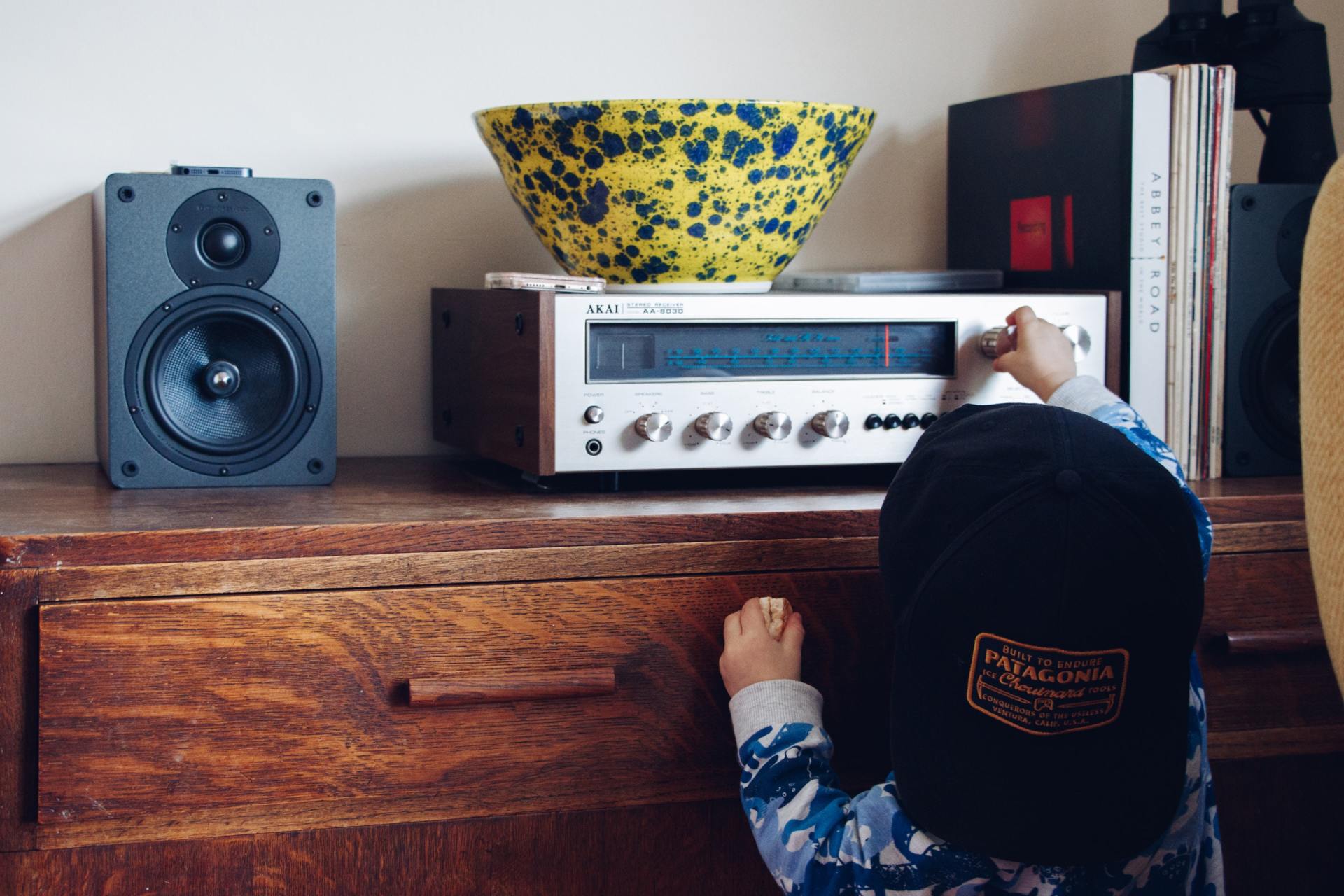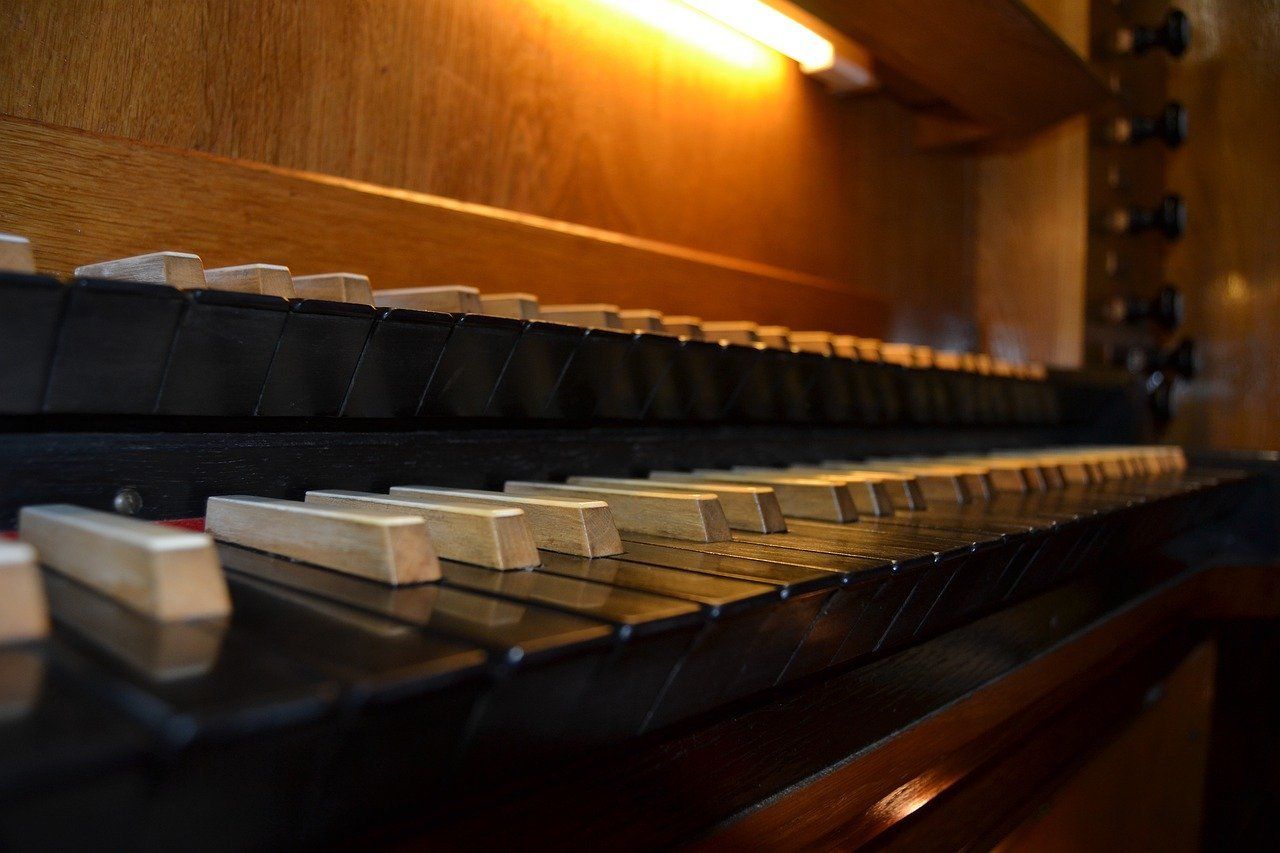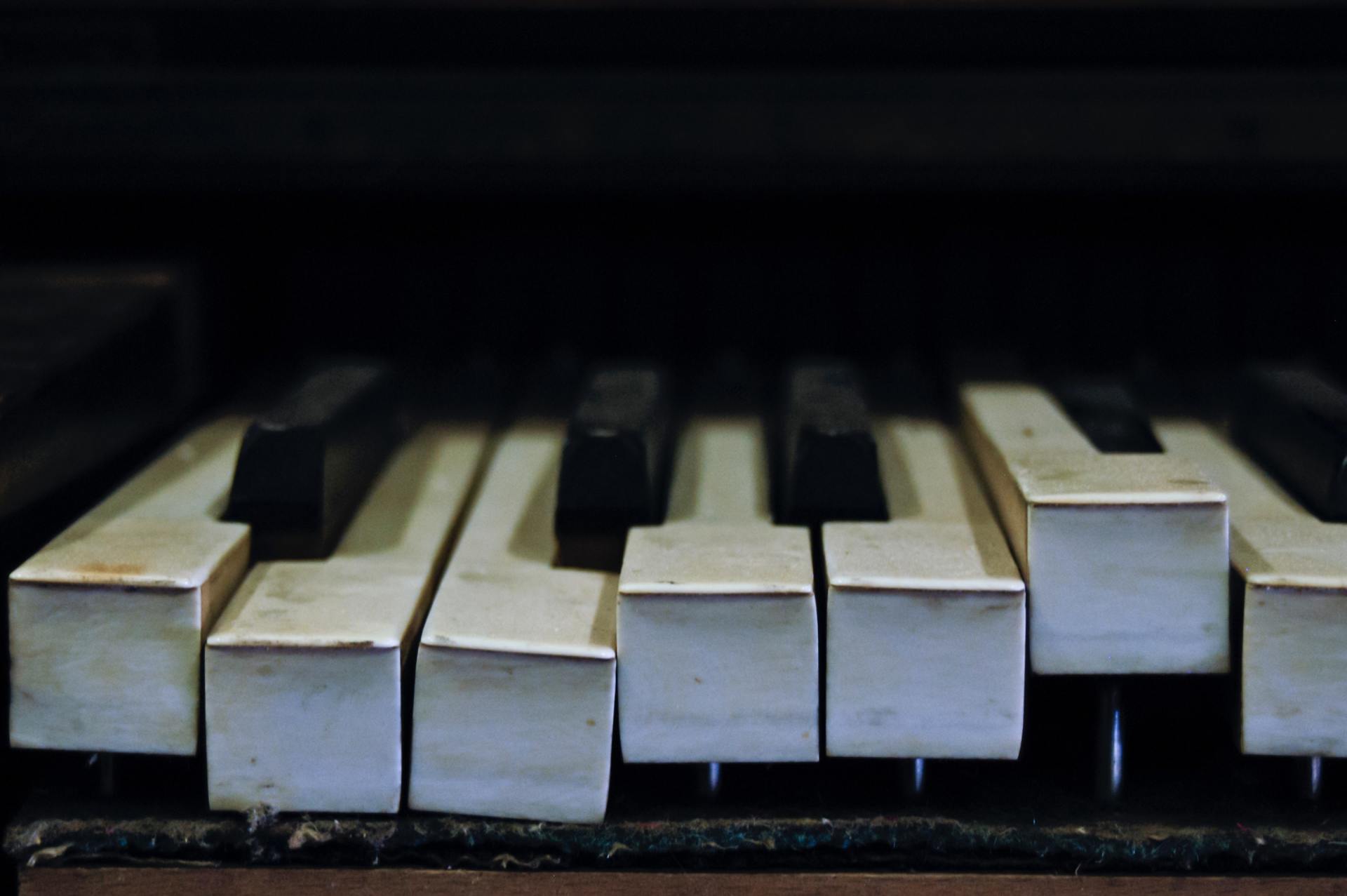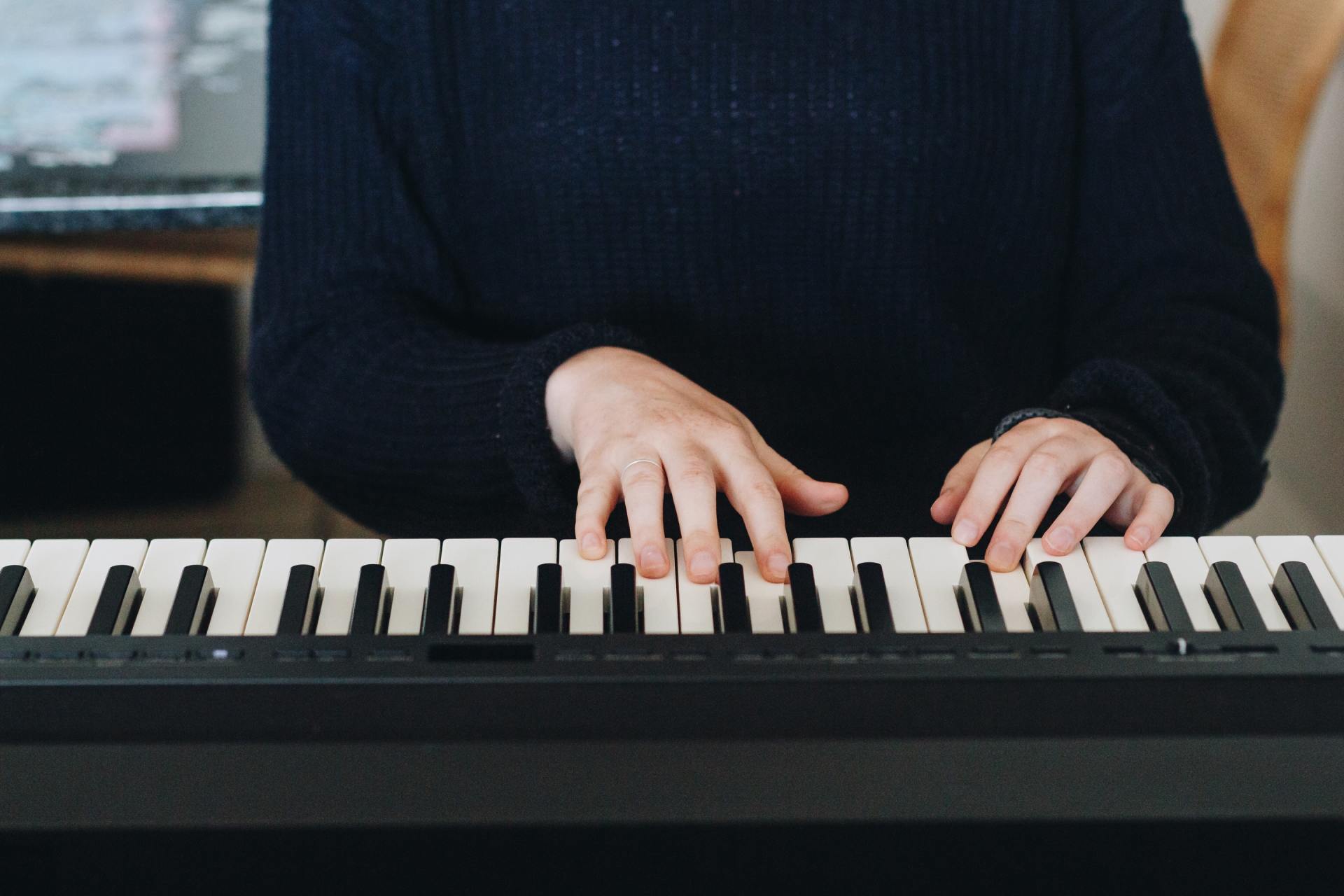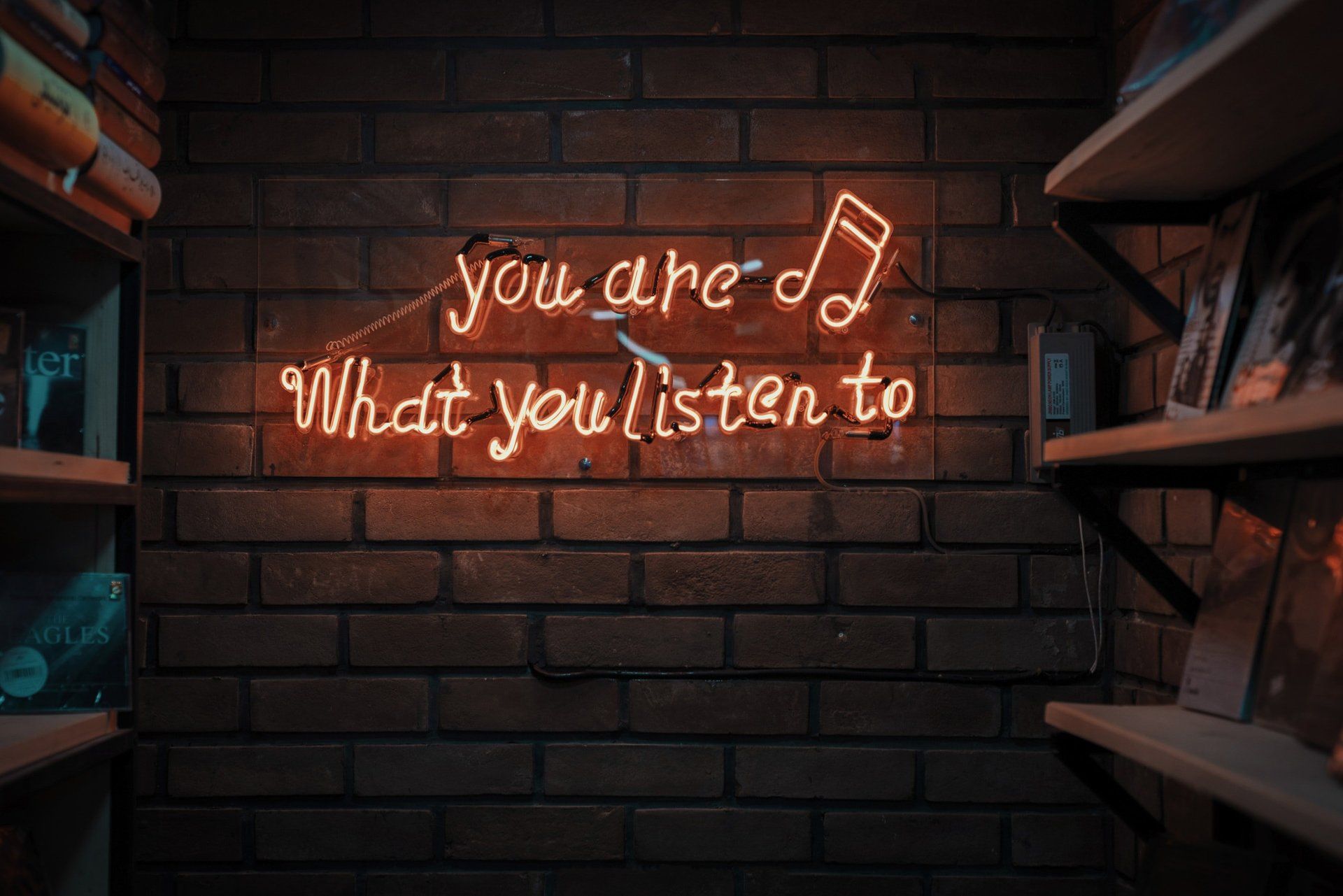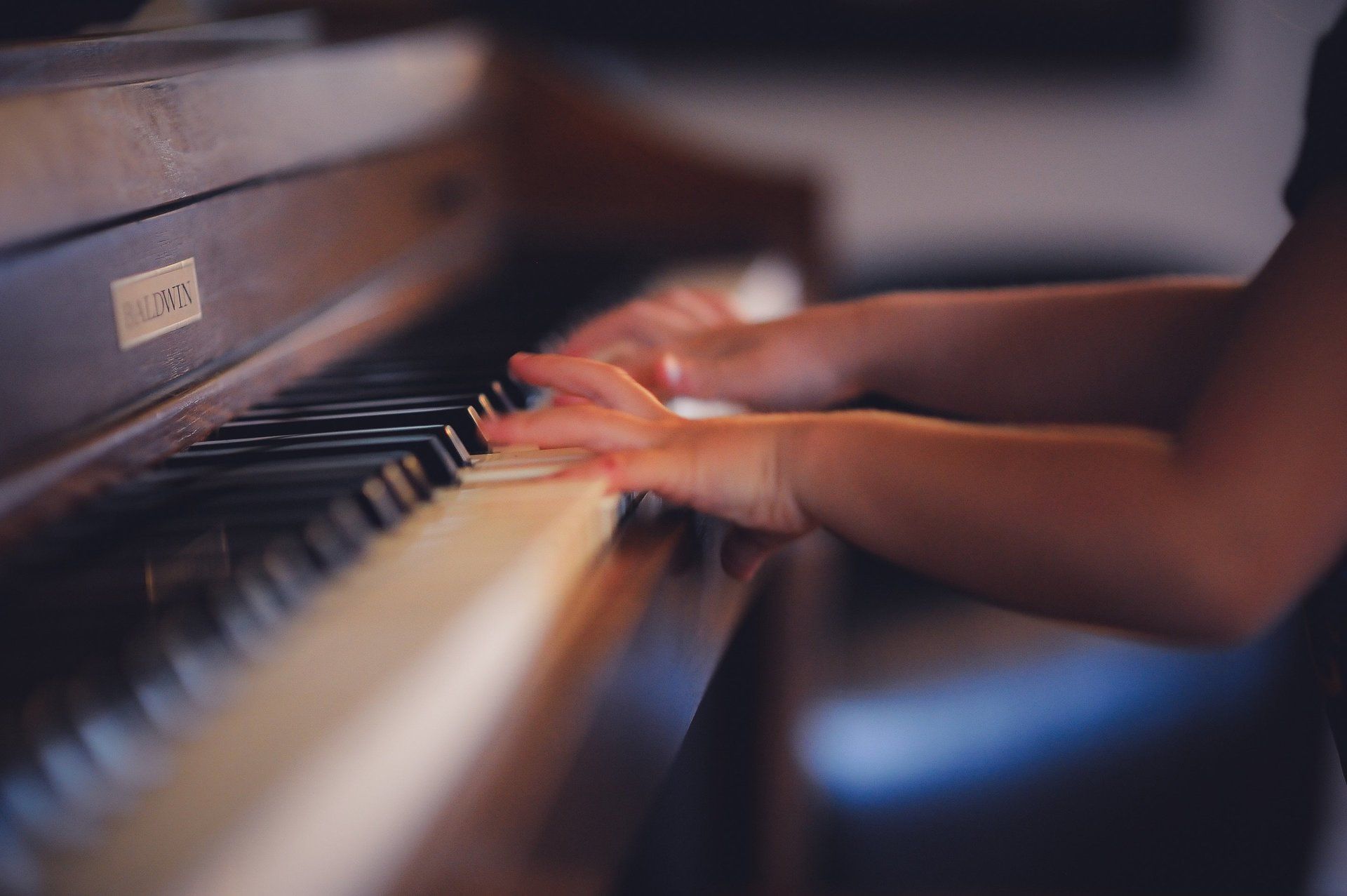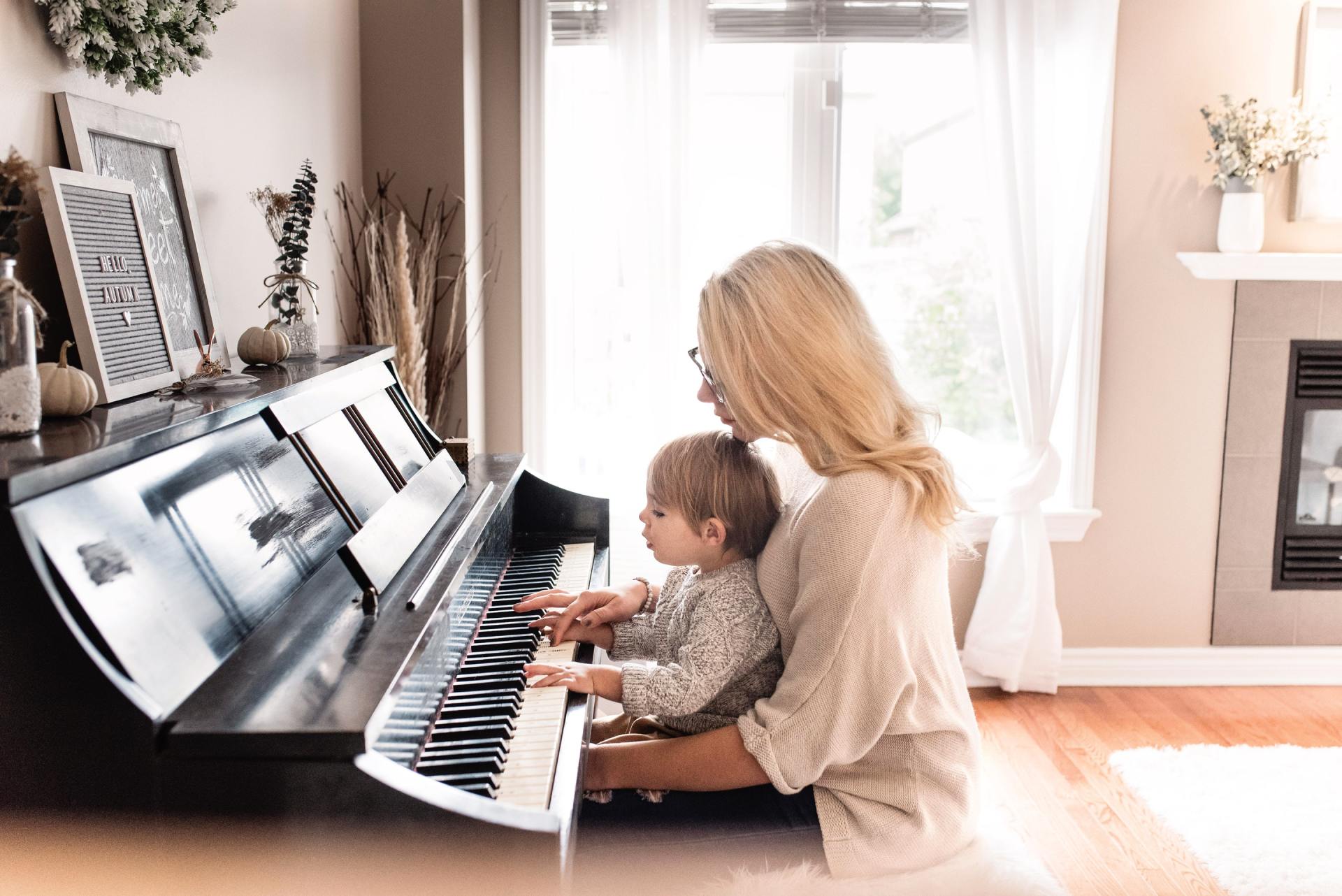How to Encourage a Love of Music in Children
Piano & Organ Repair Staff • March 27, 2020
Encouraging Music Exploration in Children can Pay a Lifetime of Dividends
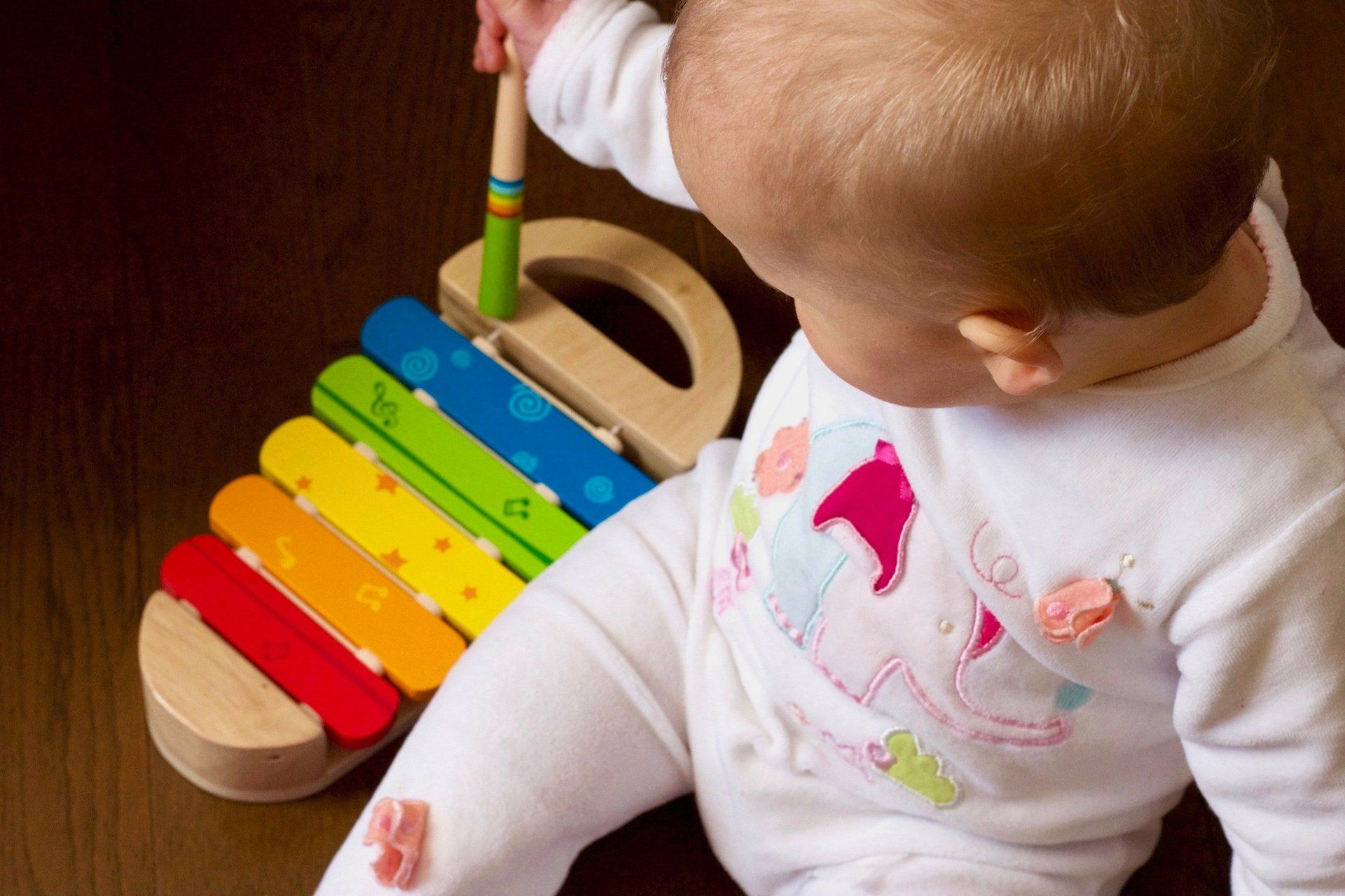
It is likely that music has been a vital component of the human experience since prehistory. Whether it be through instrumentation, vocalization, or dance, there is something about rhythm that appears to come from the very fabric of our bodies. No age group better embodies this affinity for music than children, as song and dance is a proven method to encourage learning through the early years of life. How do you encourage children to not only be educated through music, but to enjoy and grow a passion for music through the rest of their lives?
Allow music to be both casual and engaging
- While children may be easy to persuade into learning with a catchy rhythm, music should also be a casual experience. Similar to “all work and no play makes Jack a dull boy”, there is value in not making something so inherently enjoyable as music feel like a brain exercise. With the incredible accessibility of a plethora of music, just having music playing throughout your living environment or engaging in casual dance can keep music at the forefront of a child’s brain without making it educational only.
Go to concerts with your children
-Choose performances that you and your children are interested in! That may include going to shows for performers that you may not particularly enjoy, but keeping a child engaged with the music that they enjoy will encourage their passion to grow moving forward through their lives. While many children may not look forward to classic performances, evidence is that exposure to classical music in children increases both their reasoning skills and ability to focus on tasks at hand.
Let the child choose where their musical passion begins
- While public schooling will provide some specific tracks for expression in children during the late elementary years, introducing instrumental options at home can help start that passion early. Providing options for styles of dance, instruments, vocal music, and active listening that allows your child to select what sounds interesting will put an inherent track in front of the child that will grow their interest without any guidance beyond encouragement on your part.
Don’t hold passion to a standard of talent
- Everyone’s journey into music develops differently. As exciting as it is to see a prodigy grow before your eyes, most music lovers will not fall into the category of prodigy. While some children will watch their love for music grow into immense talent, many won’t; that’s okay! According to an article published by The Journal of Personality and Social Psychology in 2015, the notion of setting high expectations, when combined with parental involvement, can encourage better results for children. That evidence is contrasted however by the efforts of parents to set exceedingly high goals with their children showing a direct relationship to decreased achievement in children. Walking the line of encouragement to achieve in music and encouragement to enjoy music is an important distinction to maintain when growing a child’s passion.
When encouraging a child to love music, they will often reciprocate by growing your love for music as well. The innate desire to create art through movement and sound is something everyone deserves to explore, especially the children of the world.
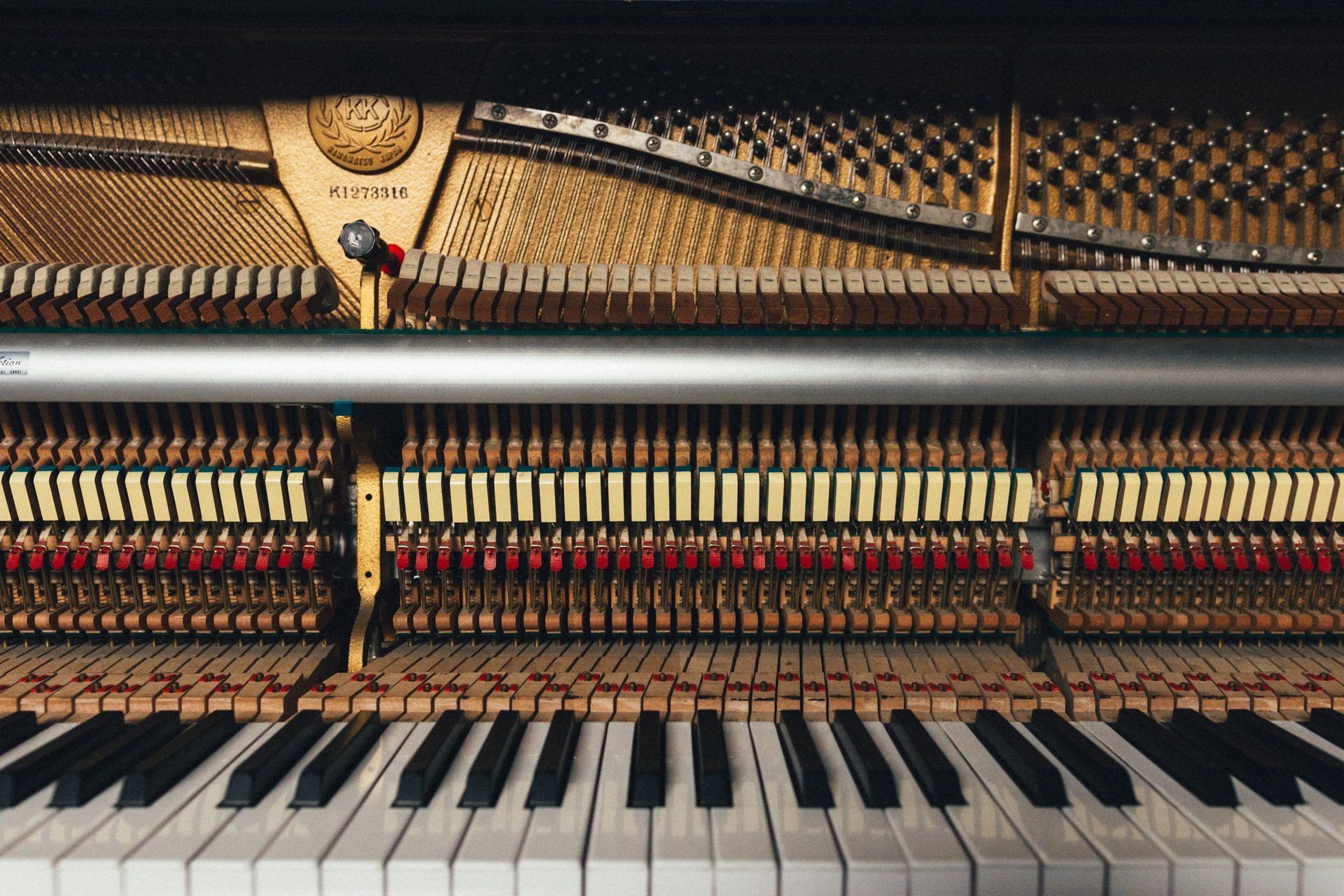
There are plenty of ways to keep our keyboards in good shape, but normal wear and tear will take an inevitable toll; in order to properly maintain your instrument, a maintenance professional is vital. While pianos should be tuned at least once a year, there is likely to be other cause to call for professional help.
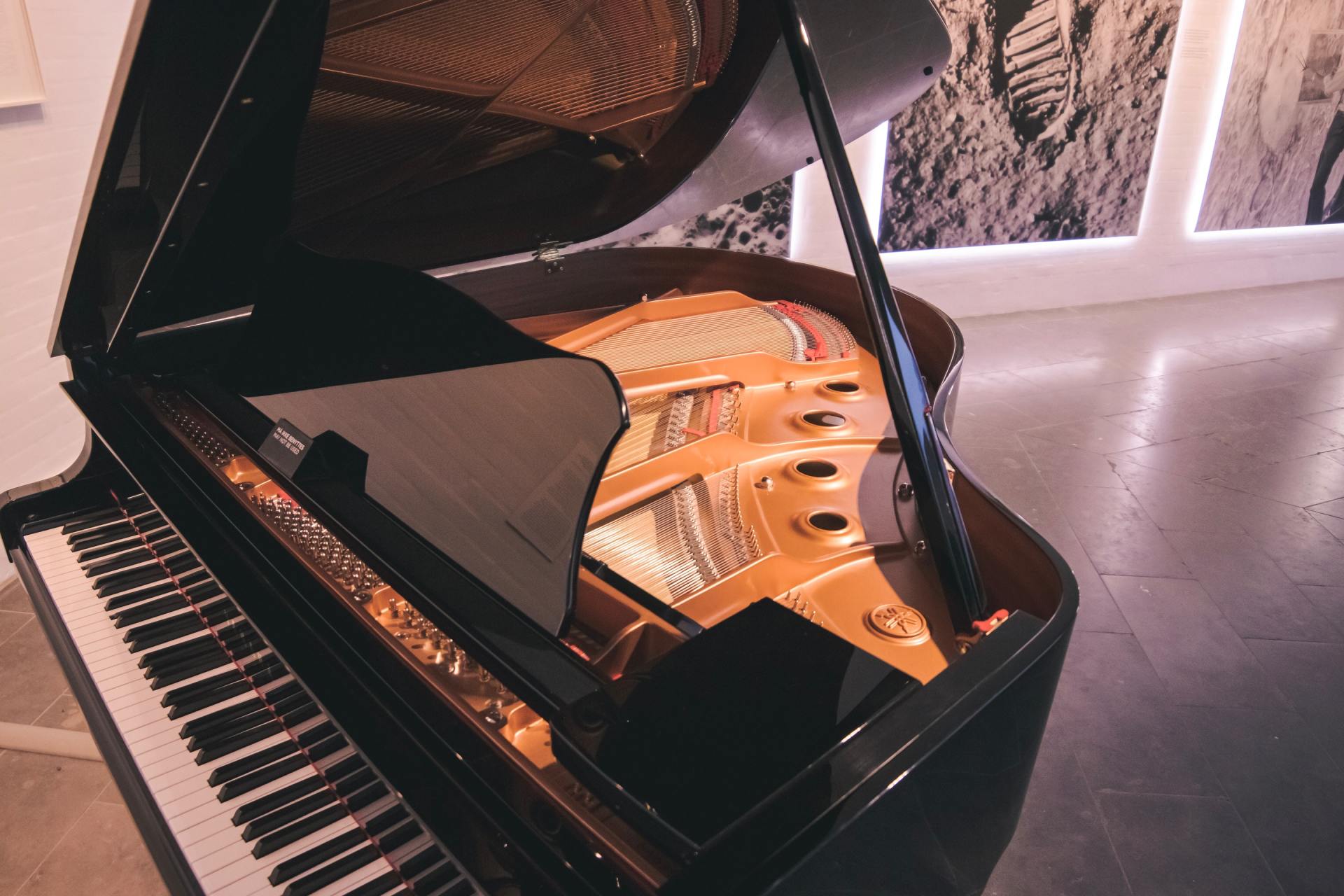
Why Does My Piano Go Out of Tune? Piano strings are under a great deal of tension, which is supported by the frame, plate, pinblock, tuning pins, bridges and soundboard. Anything which effects the position of these parts will cause a change in the tension and make the piano go out of tune. Why Do My Keys Stay Down? Push down on he back end of the key, near the capstan. If both ends of the key go down at once the key is broken. If the back end of the key will not go down, a foreign object, like a crayon has fallen under it. If the back-end of the key goes down and the front comes up, determine if the key or action is sticking. Hold the key down in the back with one hand, raise the whippen with the other hand and release the whippen. If the whippen drops to its resting position properly the key is stuck. If the whippen stays up the trouble is in the action. If the front of a white key binds on the keyslip, remove the keyslip and insert shims made of paper or business card stock in the appropriate places so that the shims will hold the keyslip away from the front end of the keys. Why are My Keys Sluggish? If the piano key plays the action properly, but is slow in coming back up, remove the key and ease both the front & balance rail bushings, or sand spots which bind to the adjacent key. What Should I do About Broken Hammer Shanks? Hammers usually break in the middle. To repair, first remove the butt or flange in a grand piano, in an upright piano use a flange screwdriver. Remember, do not apply excessive pressure to the jack. Apply glue, align the parts and press them together. Remove excessive glue and wrap the joint with heavy thread. The thread may be removed and the shank sanded and cleaned after the glue has dried.

